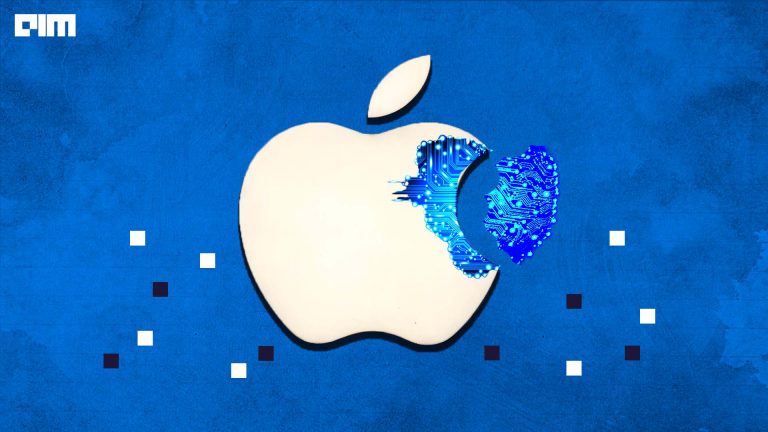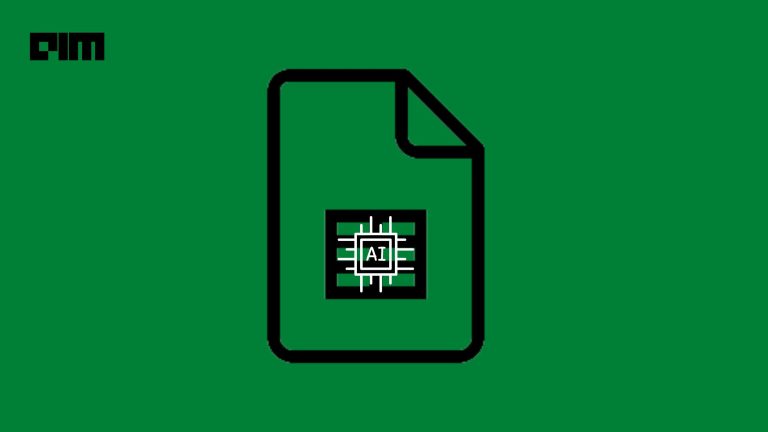|
Listen to this story
|
After keeping everyone waiting for so long, Google has hopped on the Christmas spirit just in time. The tech giant finally unveiled Gemini. To everyone’s surprise, Google didn’t just stick with cloud-based LLM but entered the race by creating Gemini Nano, an LLM for Android.
Gemini Nano could have a similar impact like Android had on smartphones years ago. It’s designed for on-device tasks and operates directly on mobile phones.
Gemini Nano runs on a phone and without the internet, beginning an era of on-device LLMs, one that fits in your pocket
— Keerthana Gopalakrishnan (@keerthanpg) December 6, 2023
The Pixel 8 Pro will be the first smartphone designed to run Gemini Nano, which now powers new features like ‘Summarize’ in the Recorder app and ‘Smart Reply’ on Gboard, starting with WhatsApp—with more messaging apps expected next year. For instance, with this feature, Gemini Nano will automatically frame responses for the ongoing conversation in WhatsApp.
Moreover, Google has introduced a new system called Android AICore in Android 14 that provides easy access to Gemini Nano. It handles model management, runtimes, safety features and more, simplifying the work for you to incorporate AI into apps.
Threat to Apple?
Google isn’t the only player exploring the integration of LLMs on mobile devices. Anticipations are high that Apple will introduce an upgraded version of Siri in iOS 18 and other operating systems next year.
iOS 18 holds particular significance for Apple, speculated to introduce generative AI capabilities as the company aims to catch up with industry leaders like OpenAI and Google. iOS 18 will incorporate generative AI technology to boost Siri and the Messages app’s capabilities in answering questions and auto-completing sentences.
Apple is also reportedly considering generative AI for apps like Apple Music, Pages, Keynote, and Xcode. While the iPhone commands a market share of 58.28% in the US, Android dominates globally with 69.44% market share.
In their blog post, Google mentioned that following the Pixel 8 Pro, they will introduce additional devices and silicon partners under AICore and Gemini Nano, with details to be disclosed in the coming months.
It is highly likely that one of the new partners will be Samsung, especially considering Google’s leverage of Samsung S.LSI. An interesting point to note is that in Q3 2023, Samsung held a 20% global market share for smartphones.
Interestingly, Google has announced that its AICore uses new machine learning hardware, such as the latest Google Tensor TPU and NPUs in flagship devices from Qualcomm Technologies, Samsung S.LSI, and MediaTek.
Moreover, if Google and Samsung partners along with other Android players in the market, it would be a huge blow to Apple.
Phone Companies’ New Focus
Samsung recently introduced its on edge generative AI model, Gauss. This AI model is set to be incorporated into the upcoming Galaxy S24 handset, anticipated to be released in early 2024. Gauss has the ability to generate and edit images, compose emails, summarize documents, and also function as a coding assistant.
Interestingly, in August, Xiaomi’s founder and CEO, Lei Jun, revealed that the company’s digital assistant, Xiao Ai, was undergoing enhancements to incorporate generative AI capabilities. The upgraded assistant is reportedly backed by a nimble AI model with 1.3 billion parameters and operated locally on the phone.
Testing the AI Power
Google Pixel 8 Pro, which will host Gemini Nano, utilizes the power of Google Tensor G3, a slightly modified version of Samsung’s Exynos 4 nm chipset.
Apart from Google, MediaTek and Snapdragon are making strides in developing chips for running AI on mobile devices. MediaTek, for instance, recently released the Dimensity 8300, which offers generative AI capabilities, adaptive gaming technology, and fast connectivity.
Last month Qualcomm introduced the Snapdragon 8 Gen 3. While not as powerful as the Google Tensor G3’s TPU for specific tasks, it enables various AI features and supports on-device model execution.
On the other hand, Apple’s latest iPhone 15 Pro features the A17 Pro chip based on TSMC’s 3nm technology. The chip’s neural engine, responsible for tasks such as transcribing speech to text, is now up to twice as fast, capable of performing up to 35 trillion operations per second—double the previous year’s 17 TOPS.
While Google focuses on collaboration to make Android generative AI-capable, it will be interesting to see how Apple responds.



















































































